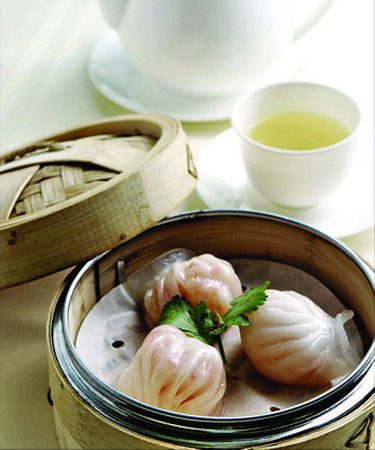Society
- Details
- By David Cao
- Hits: 912
A Shanghai high-rise apartment fire that killed 53 people was completely avoidable, Chinese top labor safety official said, blaming lax supervision and illegal work practices.
Luo Lin, head of the State Administration of Work Safety, is leading the probe into the blaze, which gutted the 28-story building Monday afternoon after sparks from welding allegedly set nylon netting and scaffolding on fire, leaving many trapped in their homes.
"The accident should not have happened and could have been completely avoided," Luo saidin comments published Thursday.
Read more: China work safty official Shanghai fire completely avoidable
- Details
- By David Cao
- Hits: 1365
Updated at 15:30 16th Nov 2010:
Shanghai apartment building fire took 53 lives till now.

A rescue operation was underway on Monday after a 28-story residential building was engulfed in flames in Shanghai, Xinmin News reported
The fire started around the 10th floor of the apartment building in Yuyao road, in Jinggan district of the city at 3:09 pm.
Witnesses said the flames can be seen engulfing the whole building, trapping a number of people on the roof and on scaffolding being used for repairs.
Read more: Gallery: 8 killed in Shanghai apartment building fire
- Details
- By ANAND GIRIDHARADAS
- Hits: 1052

IN a private room in a mysterious little restaurant in Chengdu, my fellow diners goaded me to eat the turtle. It was soft-shelled, they said — as if that made it more enticing. They laughed and joked in Chinese, which I do not speak. Eating turtle grows a man’s bank account, my translator said. I didn’t get the meaning at first. Then it sunk in.
I plucked bibs and bobs of turtle from between the top shell and underbelly. It was bitter, spicy in that classically
Sichuanese way, and startlingly good. It was paired with a mouth-cooling chaser, a gazpacho of coconut milk and buoyant tapioca balls.
We were at Zi Fi, a restaurant in the capital of Sichuan province in south-central China. Chengdu is one of many Chinese cities little known by the West but exploding with activity nonetheless. And Zi Fi is one of many Chengdu restaurants that are daring in these heady times to experiment with one of China’s most beloved cuisines.
- Details
- By MARTIN FACKLER
- Hits: 761
The leaders of China and Japan held their first formal talks on Saturday since clashing two months ago over disputed islands, in what appeared to be a hastily arranged attempt to patch up differences between the two Asian powers.
The leaders of Japan and Russia, who have also sparred recently over the Kurile Islands in the Pacific, also met Saturday, but appeared to remain divided.
The meetings took place on the sidelines of a summit meeting of 21 Asia-Pacific nations that Japan is hosting in this port city.
Read more: Leaders of China and Japan Meet on Summit’s Sidelines
- Details
- By Forbes
- Hits: 721
U.S. President Barack Obama visited Indonesia with a U.S. business delegation last week. How successful was the trip for U.S. companies? How will the visit affect commercial relations between China and Indonesia? We exchanged by email on Sunday with Justin Doebele, the chief editorial advisor for Forbes Indonesia, the licensed Indonesia edition of Forbes magazine.
Q. How was President Obama received in Indonesia?
It doesn’t matter that Obama had postponed his trip twice, and then when he came stayed only for a short visit and just in Jakarta. He’s a rock star in Indonesia. He’s the first American president to speak some of Indonesian language, and to have lived here. As one headline put it, “Barry’s back.”
Read more: Companies From China To Remain Aggressive In Indonesia After Obama Trip
More Articles …
Page 128 of 255